GNS ONLINE NEWS PORTAL
**Says Cultural Sensitivity Must Guide Communication in Tribal and Multilingual Regions**
POONCH AUGUST 02:- In a strong and timely intervention that has reignited critical conversations around linguistic inclusivity, senior leader and Minister in the Omar Abdullah Cabinet, Javed Ahmed Rana, the other called on the Poonch district administration to ensure meaningful inclusion of local languages—particularly Urdu, Gojri, and Pahari—in public communication and official events.
Speaking as Chief Guest at the “Sampoornata Abhiyaan Samman Samaroh”, a felicitation ceremony organized by the district administration to celebrate Block Mankote’s top performance under NITI Aayog’s Aspirational Blocks Programme, Rana highlighted the disconnect created when official programmes are conducted in linguistically inaccessible formats.
“The very title of today’s function is hardly intelligible to many of the attendees,” Rana observed, emphasizing the pressing need to bridge the gap between the language of governance and the lived linguistic realities of local communities.
He stressed that in tribal and multilingual districts like Poonch, government communication must be rooted in cultural sensitivity and linguistic accessibility. “Administrative language should not be a barrier to participation. Rather, it should reflect the identity, voice, and comprehension of the people it aims to serve,” he said.
Rana’s remarks strike a chord amid growing discourse around the politics of language—particularly concerns over linguistic centralism, the diminishing space for regional languages in public administration, and the subtle erasure of tribal and minority languages from official narratives.
He cautioned against what he termed a creeping “cultural invasion” through linguistic homogenization—warning of the imposition of a singular linguistic identity at the expense of India’s multilingual fabric. Without naming specific actors, he alluded to attempts by certain ideological groups to communalize language and promote linguistic bigotry, reducing India’s linguistic diversity to a narrow and exclusionary framework.
“India is not a land of dialects—it is a land of full-fledged languages, each with its own literature, worldview, and cultural memory,” he stated. “Our Constitution doesn’t assign a ‘national language.’ It enshrines the right to preserve and promote linguistic diversity.”
Rana’s intervention, though rooted in a local context, has broader implications in Jammu & Kashmir, where the role and recognition of languages like Gojri, Pahari, Dogri, and Kashmiri remain contested. Despite being spoken by large sections of the population, these languages often lack institutional support in education, media, and governance.
Linguists and cultural scholars have long warned that the privileging of Sanskritised Hindi in administrative discourse can act as a form of cultural erasure—threatening the survival of indigenous knowledge systems and alienating non-Hindi speaking communities. Policy experts have called for a more federal and inclusive language policy that recognizes India’s multilingual ethos.
By calling out the use of inaccessible and overly Sanskritised nomenclature in government schemes, Rana positioned himself as a vocal advocate for culturally responsible governance. He urged the district administration to adopt inclusive language practices, including the use of translations and regionally familiar terms, especially in public awareness campaigns and community engagement programmes.
“Development must be holistic,” he said. “It is not merely economic—it must be cultural, linguistic, and social.”
The event was attended by senior administrative officials, representatives of Panchayati Raj institutions, educators, and local citizens. Many attendees expressed their agreement with the Minister’s observations, noting that accessible language is essential for genuine public participation in democratic processes.
Rana’s bold and candid remarks appear to have catalyzed a long-overdue conversation in Jammu & Kashmir—one that questions not only the content of government messaging but the very language in which that content is delivered.
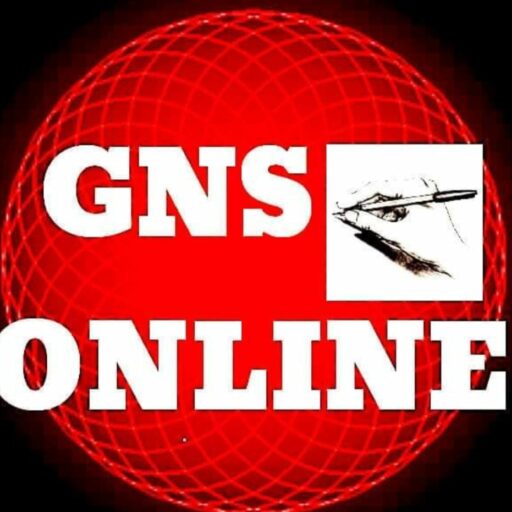


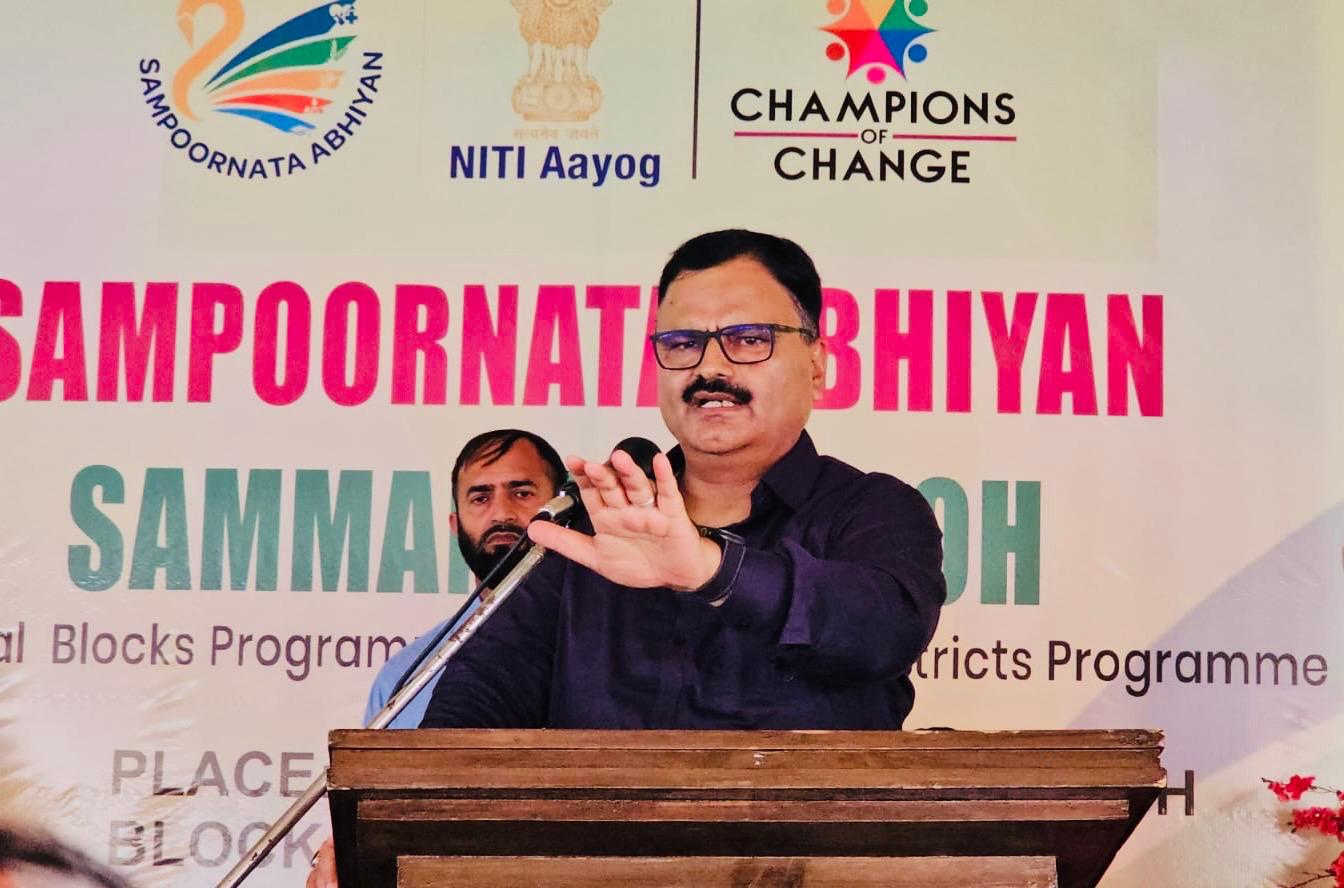





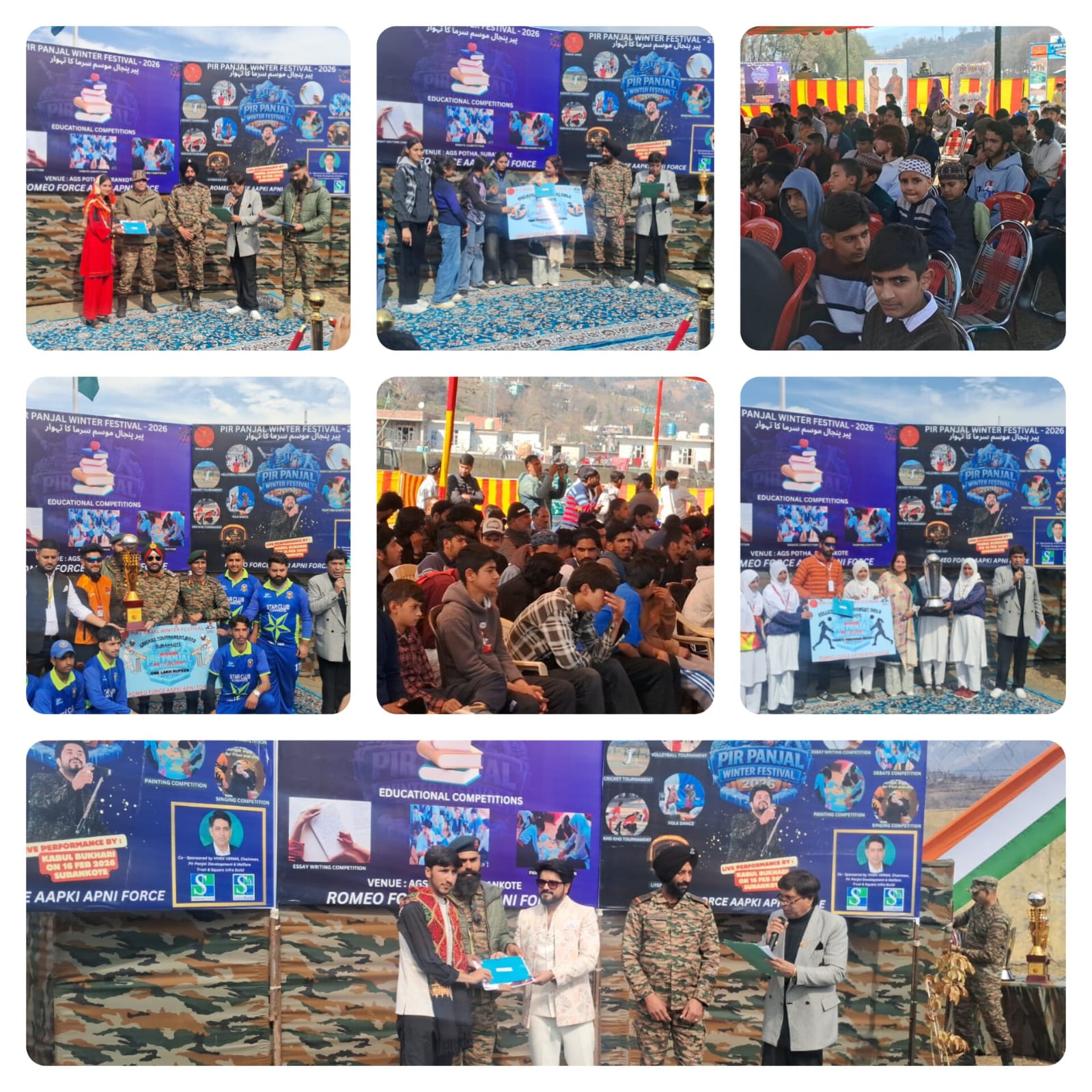
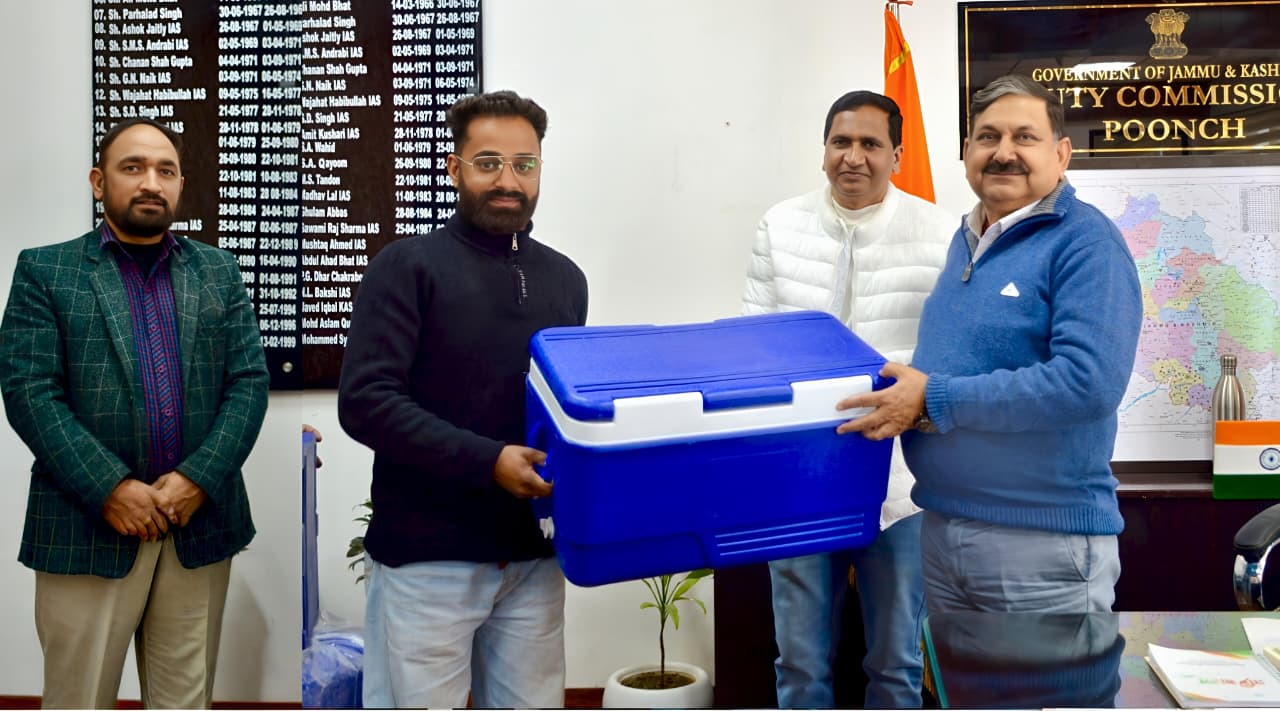
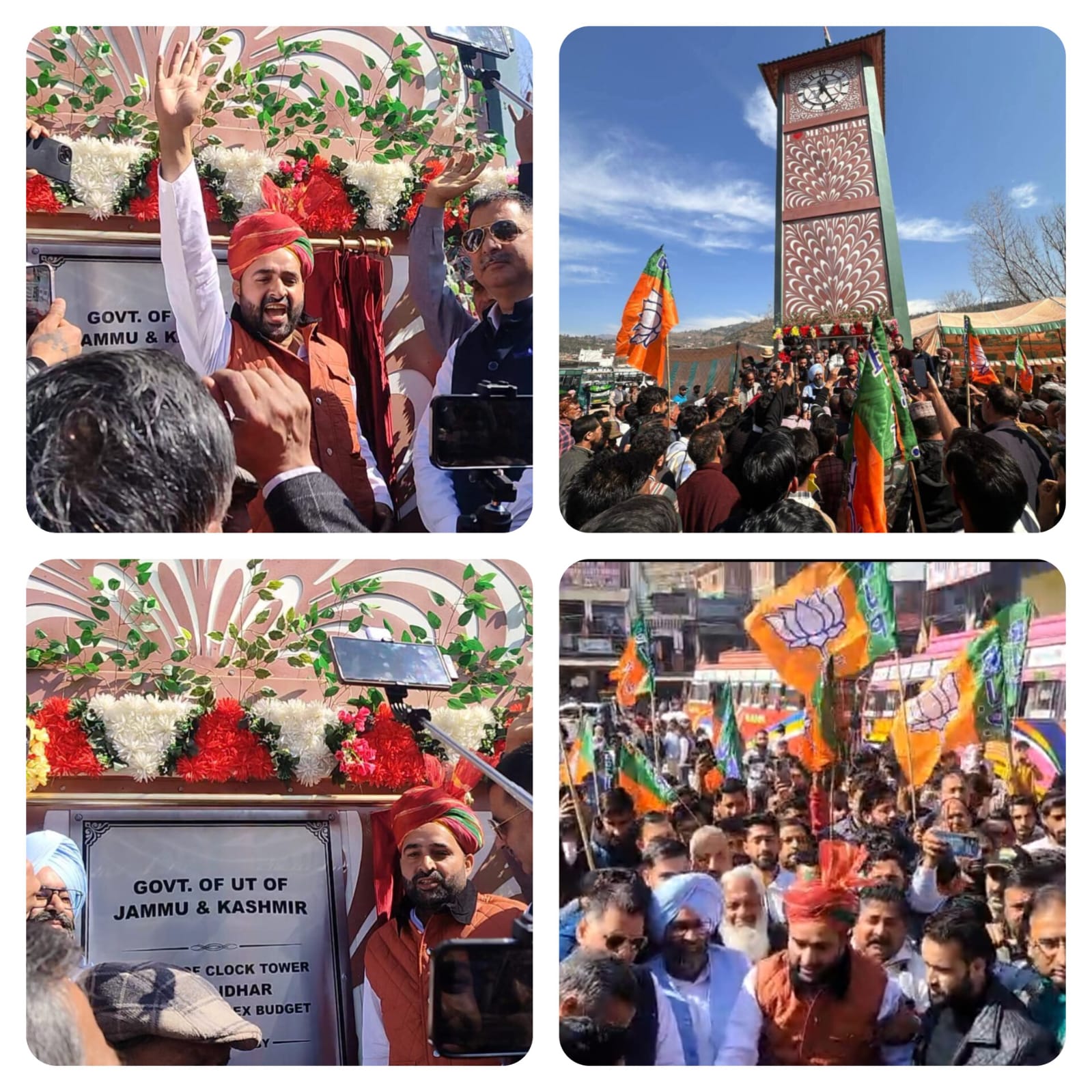
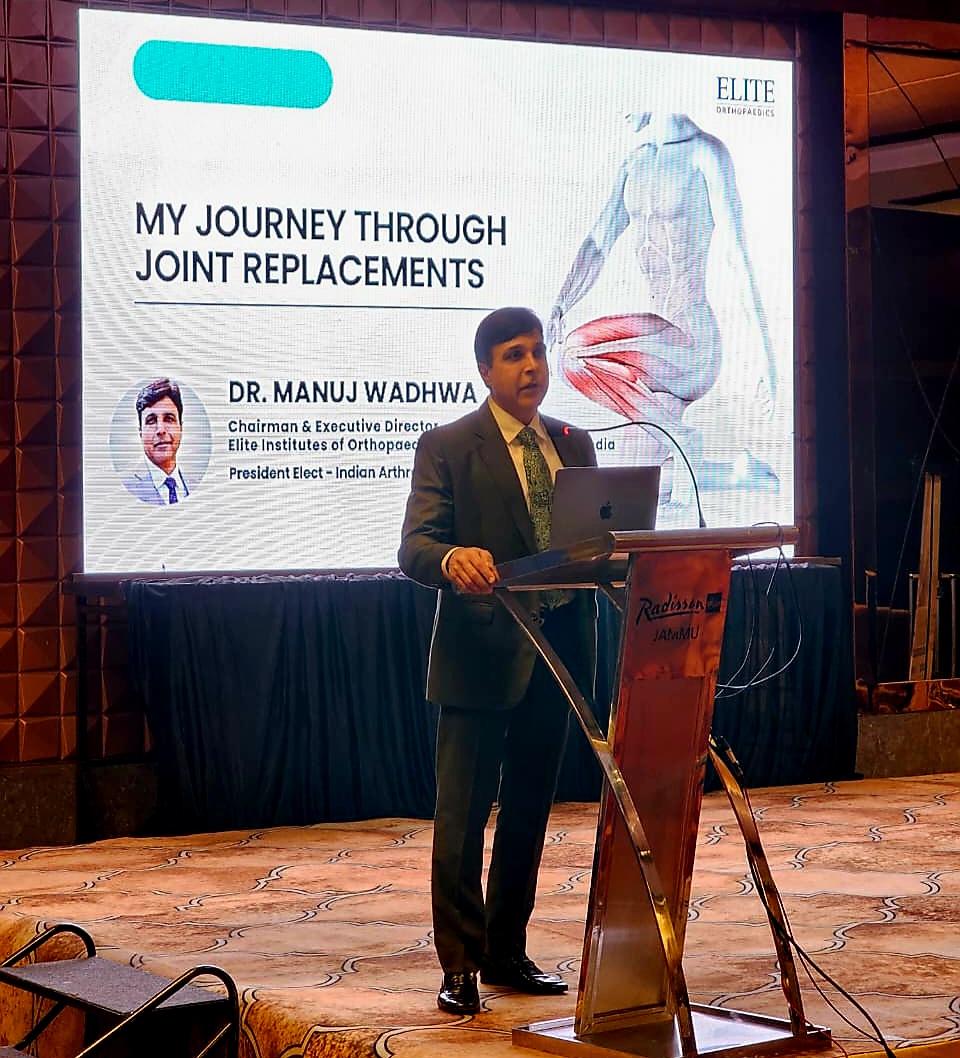
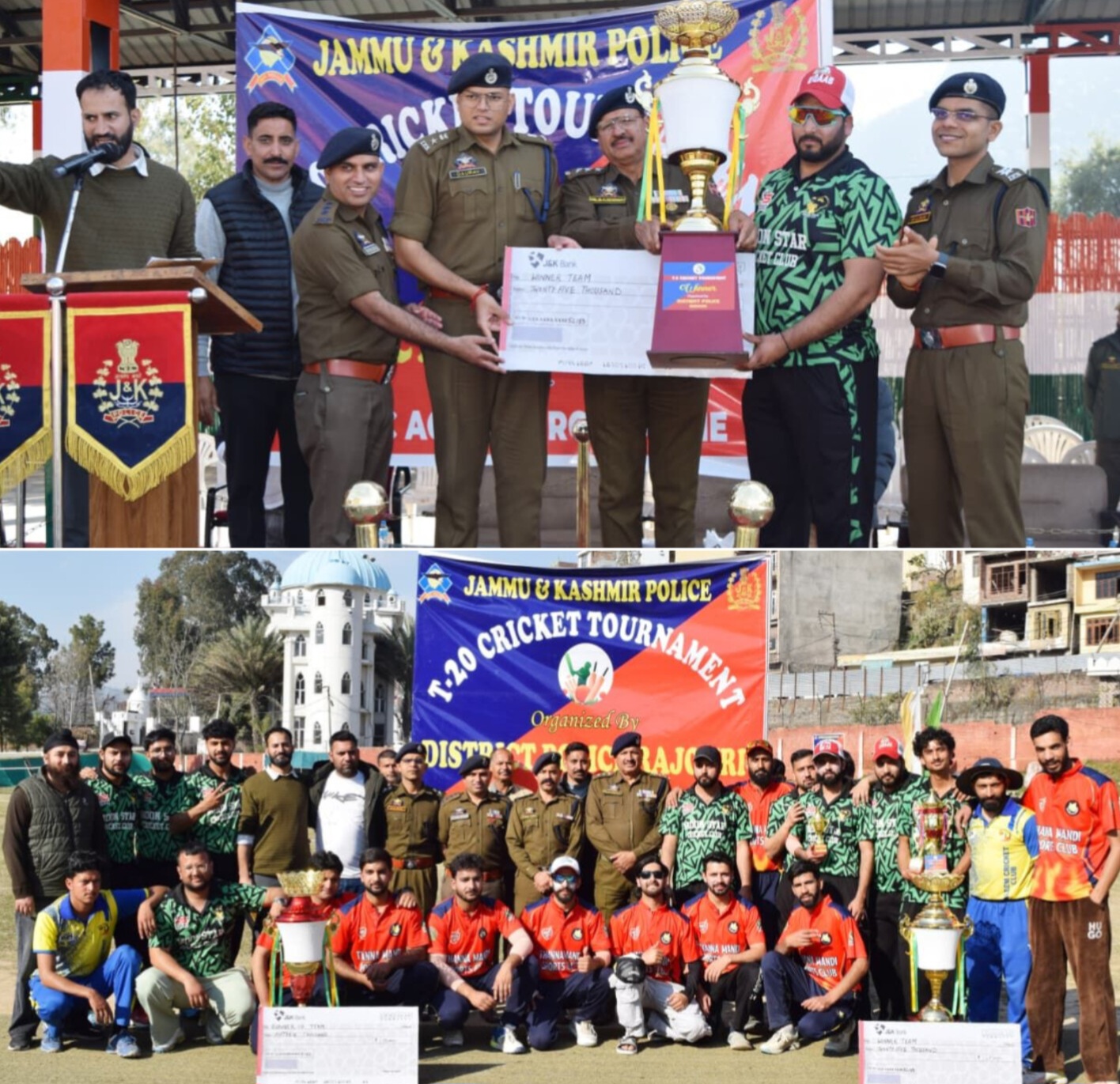
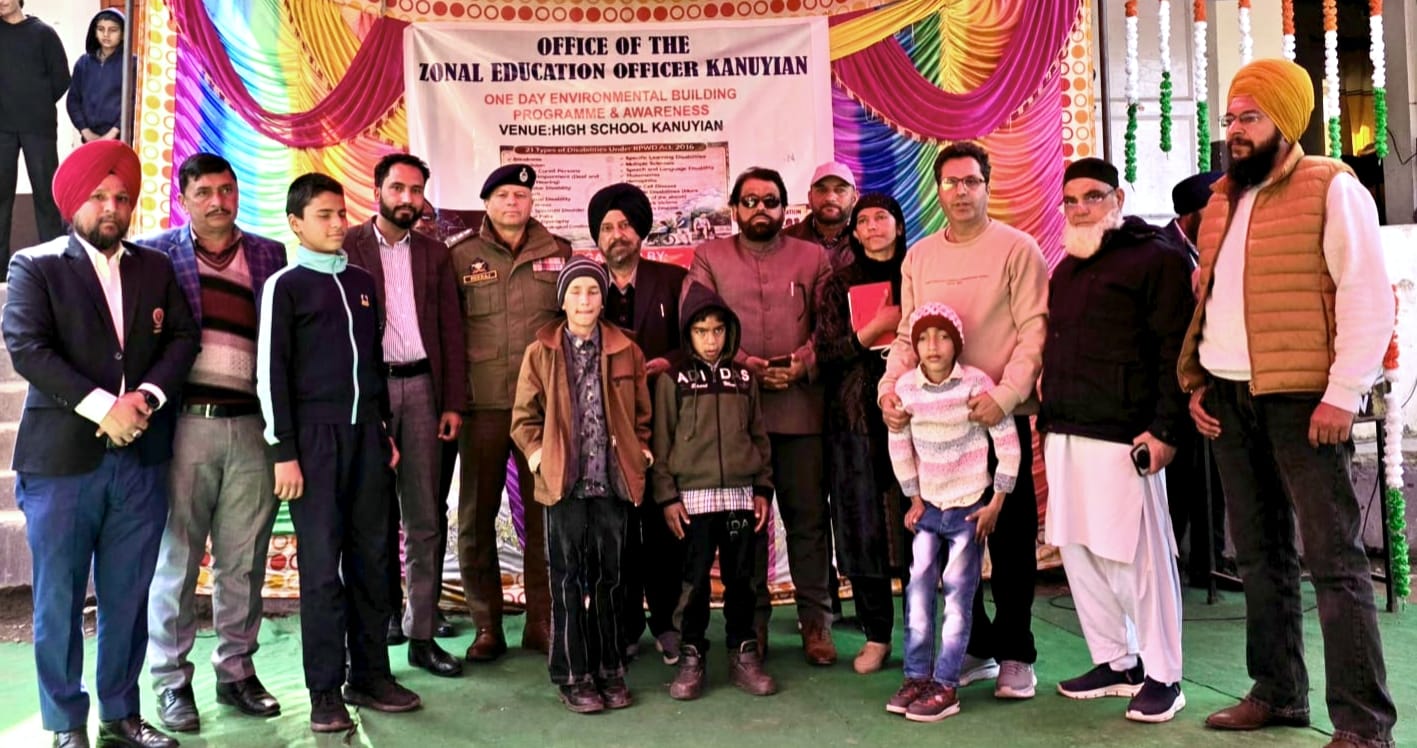
 Users Today : 145
Users Today : 145 Users Yesterday : 622
Users Yesterday : 622